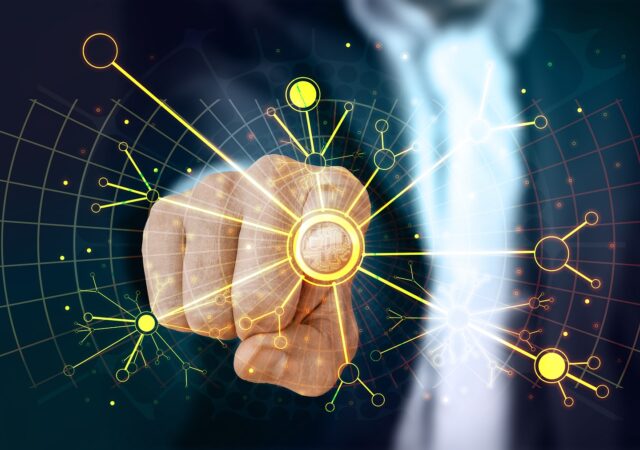Sony comes under fire as PlayStation 4 firmware update reveals that they PlayStation 5 will be recording online conversations
Is Privacy Our Sole Concern With Contact Tracing Technology?
This week the Guardian reported an alleged ‘standoff’ between the NHSX (the digital innovation arm of the NHS) and tech giants Google and Apple regarding the deployment of contact tracing technology aimed at curbing the spread of the Covid-19 virus.…





